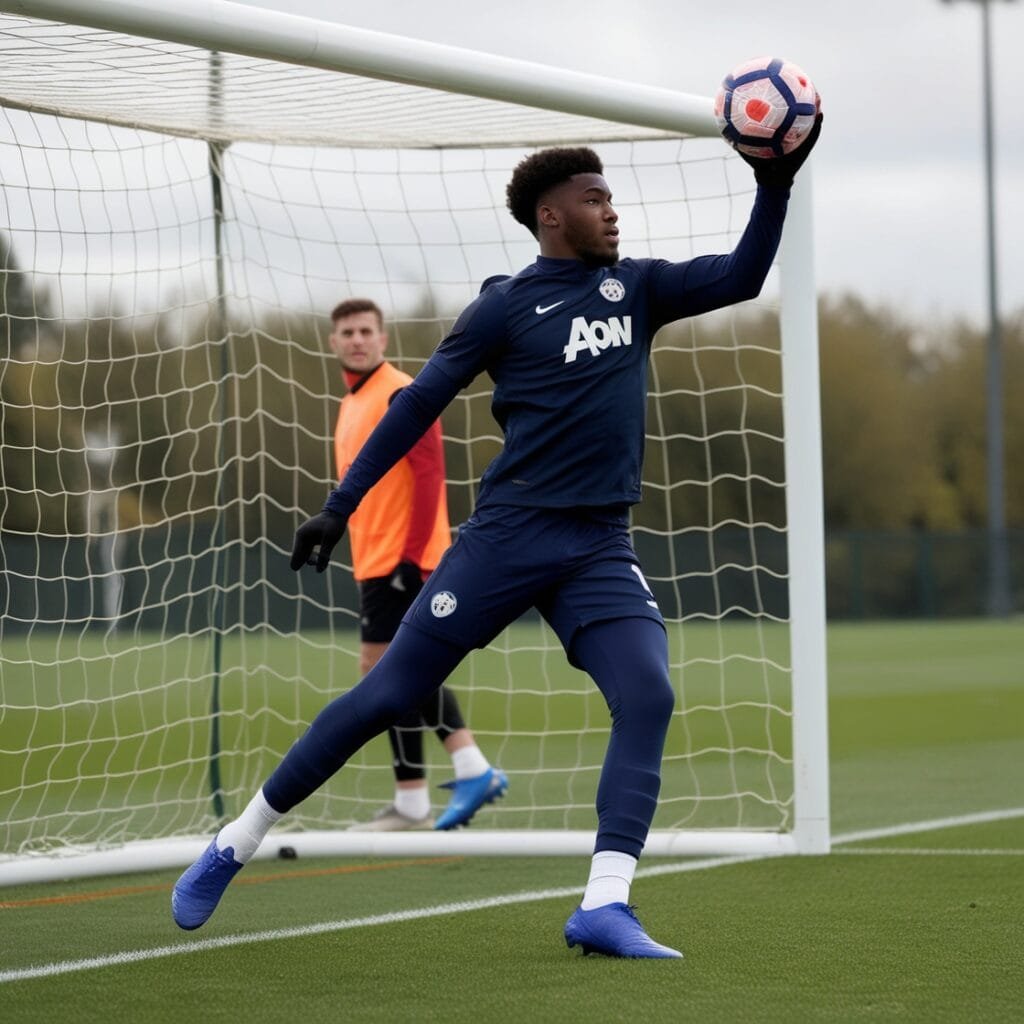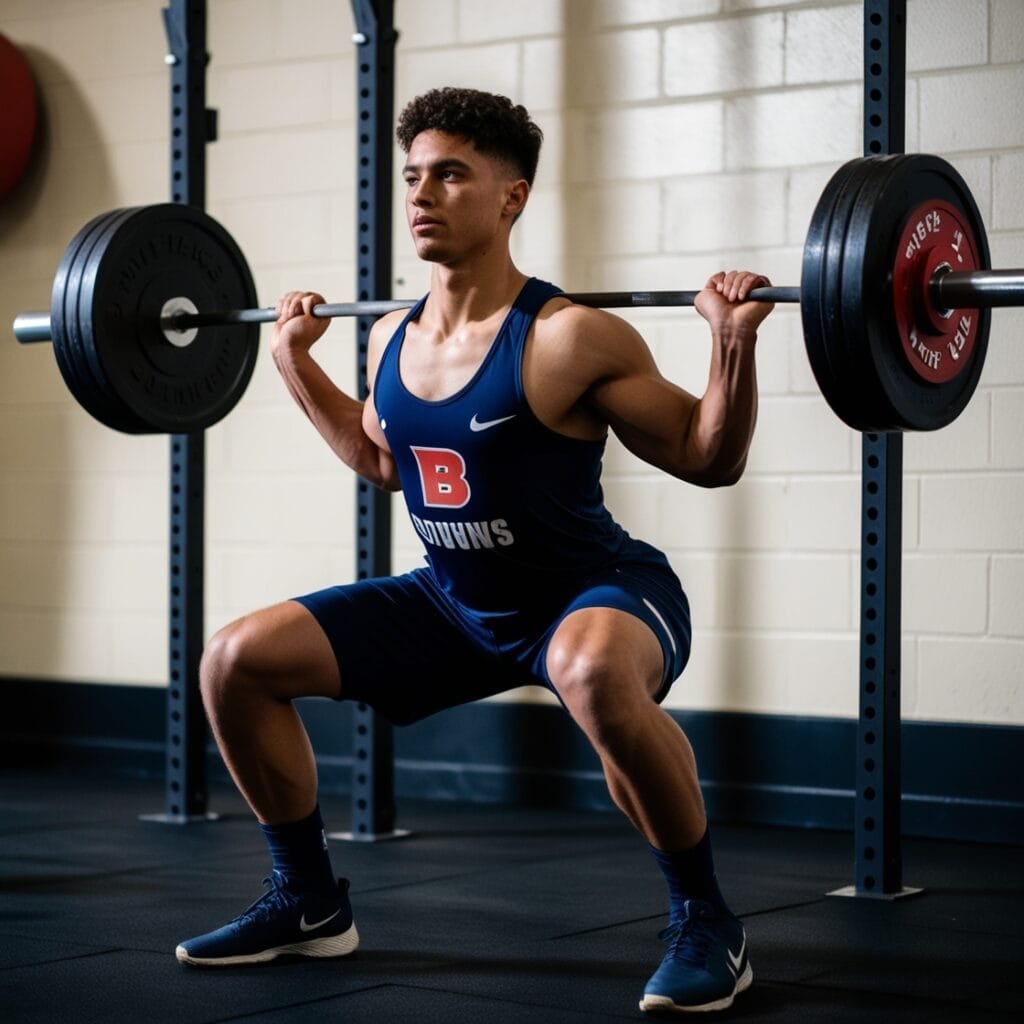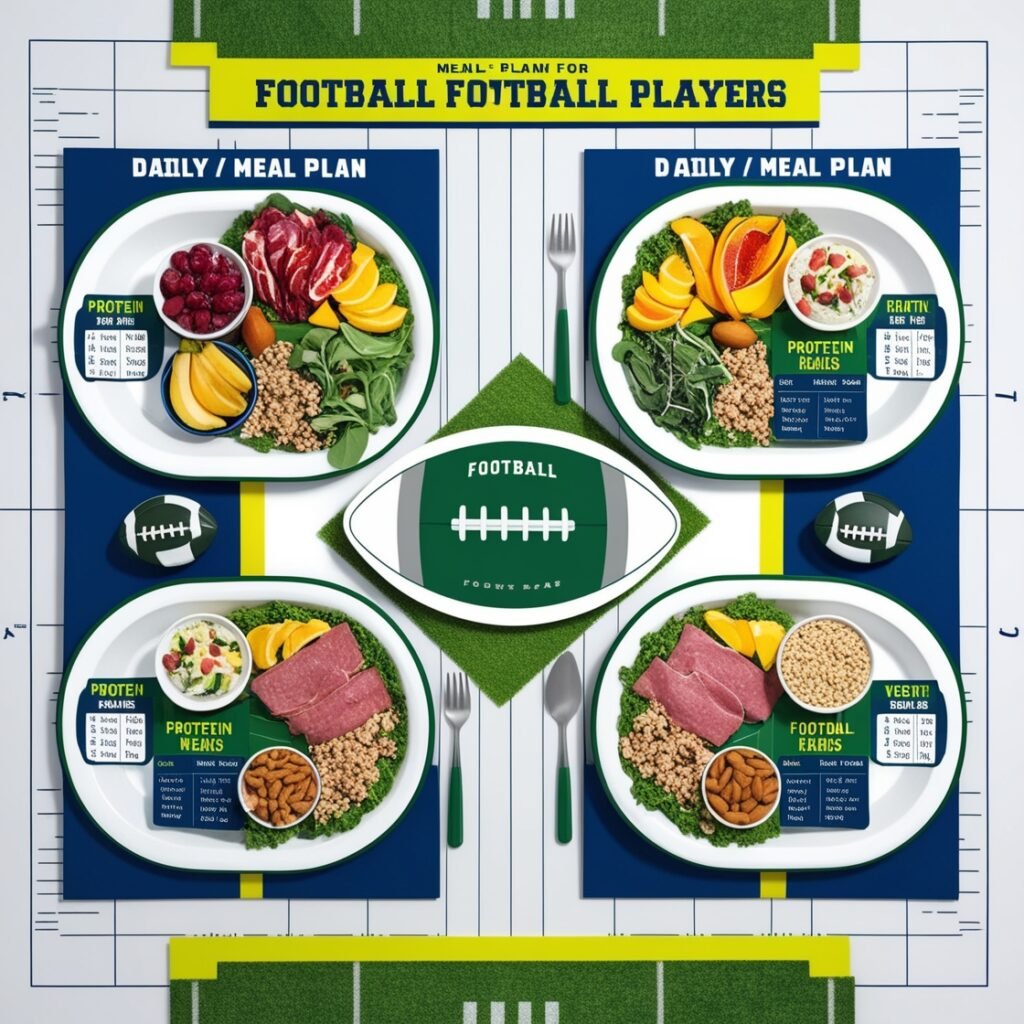Football is not just a sport; it’s a passion, a community, and a way of life for millions around the globe. To excel in football, one must blend skill, strategy, and physical prowess. This blog post will delve into research and experiment-based football tips to elevate your game.
1. Warm-Up and Stretching
Research shows that a proper warm-up and stretching routine can significantly reduce the risk of injuries and improve performance. Dynamic stretching, which involves active movements, prepares your muscles for the demands of football.
Key Points:
- Incorporate dynamic stretches like leg swings, high knees, and butt kicks.
- Spend at least 10-15 minutes on warm-up exercises.
- Gradually increase the intensity to match the game’s demands.

2. Focus on Endurance and Stamina
Football requires players to sustain high energy levels throughout the match. Studies indicate that endurance training, such as interval running and cardiovascular exercises, enhances stamina.
Key Points:
- Aim for at least 30 minutes of endurance training, three to four times a week.
- Include interval training in your routine, alternating between high-intensity sprints and lower-intensity jogging.
- Engage in cardiovascular exercises like running, swimming, or cycling.

3. Improve Ball Control and Dribbling
Ball control and dribbling are fundamental skills for any football player. Experiment with different drills to enhance your touch and control.
Key Points:
- Incorporate small-sided games to apply your skills in match-like scenarios.
- Practice dribbling with cones or markers to simulate defenders.

4. Enhance Passing Accuracy
Accurate passing is crucial for maintaining possession and creating scoring opportunities. Research suggests that consistent practice with various passing drills can significantly improve precision.
Key Points:
- Work on passing with both feet to increase versatility.
- Practice short passes with a partner or against a wall.
- Include long passes and switch play drills in your training.

5. Boost Shooting Skills
Scoring goals is the ultimate objective in football. Experiment with different shooting techniques to find what works best for you.
Key Points:
- Include volleys and half-volleys in your drills to improve reaction time.
- Practice shooting with different parts of your foot (instep, laces, and outside).
- Work on shooting from various angles and distances.

6. Strength and Conditioning
Strength training is essential for enhancing power and reducing injury risk. Focus on exercises that build core strength, leg power, and overall body conditioning.
Key Points:
- Perform resistance training two to three times a week.
- Include compound movements like squats, lunges, and deadlifts in your routine.
- Work on core stability with planks, Russian twists, and leg raises.

7. Mental Preparation and Focus
Mental toughness is often the difference between good and great players. Use visualization and mindfulness techniques to improve focus and confidence.
Key Points:
- Develop a pre-match routine to mentally prepare for games.
- Visualize successful plays and scenarios before games.
- Practice mindfulness and meditation to enhance concentration.

8. Analyzing Performance
Using technology to analyze your performance can provide valuable insights into your strengths and areas for improvement. Tools like GPS trackers and video analysis are beneficial.
Key Points:
- Set specific, measurable goals based on your performance data.
- Use GPS trackers to monitor distance covered, speed, and intensity.
- Analyze match footage to identify tactical and technical improvements.

9. Nutrition and Hydration
A balanced diet and proper hydration are vital for peak performance. Research-backed nutrition plans can enhance energy levels and recovery.
Key Points:
- Consider sports drinks for electrolyte replenishment during intense sessions.
- Eat a balanced diet rich in carbohydrates, proteins, and healthy fats.
- Hydrate regularly, especially before, during, and after matches.

10. Rest and Recovery
Rest and recovery are as important as training. Adequate sleep and rest days help your body recover and reduce the risk of overtraining injuries.
Key Points:
- Use recovery techniques like foam rolling, stretching, and massages.
- Aim for 7-9 hours of sleep per night.
- Include rest days in your training schedule.

Conclusion
By incorporating these research and experiment-based tips into your training routine, you can enhance your football skills and performance. Remember, consistency is key, and continuous improvement will lead to success on the field. Embrace these strategies and take your game to the next level.


